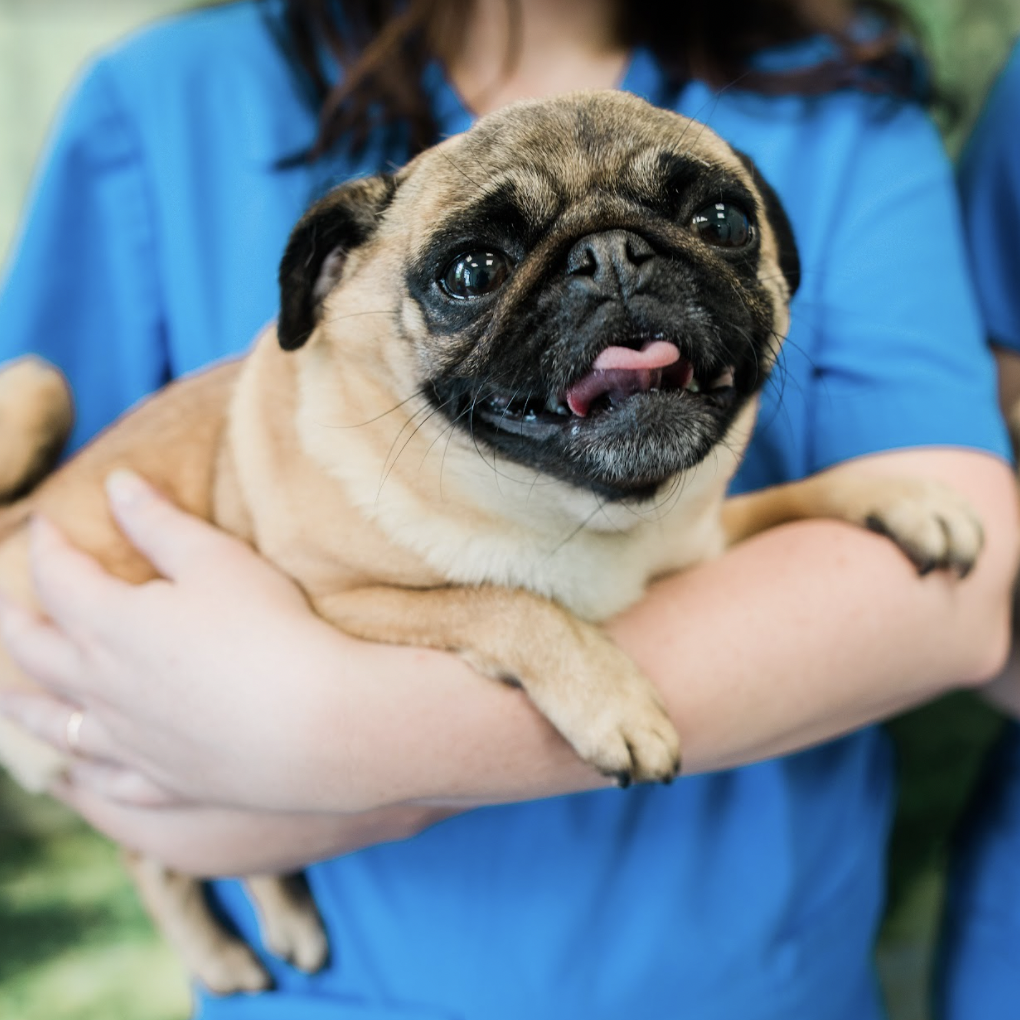A pet microchip is a tiny computer chip that is about the size of a grain of rice. It contains a unique numerical code that matches up to your pet’s details. Microchipping a pet is a quick and simple procedure, a chip is inserted under the skin, usually in the scruff of the neck, using a needle. Pets can be checked for a microchip using a scanner.
A microchip is the best way to ensure your pet is returned to you should they become lost. A stray dog for example, will be handed into a vet or collected by the local authority dog warden and kept for seven days. If your dog is microchipped, your contact details will be found and you can come and collect them straight away, even if their collar and ID tag have fallen off.
However, without identification telling the dog warden who your dog belongs to, they cannot let you know your pet has been found. After seven days they can be passed to a rehoming charity to be found a loving new home, or they can be euthanised by the local authority. It is important to keep your pet’s details up to date. Pet’s may need to be rehomed if your contact details are not up to date.
Since 6th April 2016, all dogs in England, Scotland and Wales must be microchipped. As of that date, owners of dogs and puppies over the age of eight weeks must also have registered their pet’s microchip details on one of the authorised databases. These databases are run by private companies, and not by the government or the council. Dog owners are also required to keep their pet’s details up to date with the database under the new law.
As well as being microchipped, it is still a legal requirement for dogs to wear a collar and tag with the owner’s name and address on it when in a public place. Owners who do not get their dog microchipped and registered with an approved database face a fine of up to £500 if caught.
If you rehome your dog to someone else, you must give the new owner the correct microchip registration paperwork so that they can contact the database and register as the dog’s new owner.
Puppies must be microchipped before they go to their new homes under the new law that came into effect on 6 April 2016. The breeder should be the first registered keeper of the puppy – they are breaking the law if they do not register the puppy by the time he or she is eight weeks old. Breeders should also pass on correct microchip paperwork to the new owner when the puppy goes home.
Whenever you buy or rescue a puppy or adult dog, you should ask your vet to scan them on your first visit to make sure that the chip corresponds with the paperwork you have been given. Errors can and do happen easily, so always make sure the chip and paperwork match.


